Diffusers
Introduction
Diffusers are devices that disperse essential oils or other fragrances into the air, creating a pleasant and therapeutic atmosphere. They are a popular alternative to candles and air fresheners, offering a more natural and customizable scent experience. From aromatherapy to simply enhancing your home’s ambiance, diffusers offer a wide range of benefits and come in various types to suit different needs and preferences.
Main Sections
Types of Diffusers
Ultrasonic Diffusers
Ultrasonic diffusers use electronic frequencies to create vibrations in water, breaking down essential oils into micro-particles. These particles are then dispersed into the air as a fine mist.
- Pros: Quiet operation, humidifying effect (can help with dry air), energy-efficient.
- Cons: May dilute the essential oil concentration, requires regular cleaning to prevent mold growth.
Nebulizing Diffusers
Nebulizing diffusers use pressurized air to atomize essential oils, creating a fine mist without the use of water or heat. This method disperses the purest form of essential oil into the air.
- Pros: Highly effective diffusion, undiluted essential oil benefits, no water needed.
- Cons: Can be noisy, uses more essential oil than other types, generally more expensive.
Evaporative Diffusers
Evaporative diffusers use a fan to blow air across a pad or filter saturated with essential oil. This process causes the oil to evaporate and disperse into the air.
- Pros: Simple and affordable, portable options available.
- Cons: Least effective diffusion method, oil evaporates quickly, may require frequent refilling.
Heat Diffusers
Heat diffusers use heat to warm essential oils, causing them to evaporate and release their aroma into the air. These can be electric warmers or candle-based diffusers.
- Pros: Inexpensive, simple to use.
- Cons: Can alter the chemical composition of essential oils due to heat exposure, potential fire hazard with candle-based options, less effective than other methods.
Benefits of Using Diffusers
- Aromatherapy: Diffusing essential oils can provide therapeutic benefits such as stress relief, improved sleep, and enhanced focus.
- Air Purification: Some essential oils have antimicrobial properties that can help purify the air.
- Mood Enhancement: Different essential oils can evoke different moods, from calming lavender to energizing citrus scents.
- Home Fragrance: Diffusers offer a natural and customizable alternative to synthetic air fresheners.
- Humidification: Ultrasonic diffusers can add moisture to the air, which can be beneficial during dry seasons.
Choosing the Right Diffuser for You
Consider the following factors when selecting a diffuser:
- Room Size: Choose a diffuser that is appropriately sized for the area you want to scent.
- Desired Benefits: Consider the specific benefits you are seeking from aromatherapy (e.g., relaxation, energy).
- Budget: Diffusers range in price from affordable to high-end.
- Ease of Use: Select a diffuser that is easy to operate and maintain.
- Noise Level: If you are sensitive to noise, choose a quieter diffuser, such as an ultrasonic diffuser.
Essential Oils for Diffusing
Selecting the right essential oil is key to achieving the desired effect. Here are some popular choices:
- Lavender: Promotes relaxation and sleep.
- Eucalyptus: Clears congestion and supports respiratory health.
- Lemon: Uplifting and energizing, helps purify the air.
- Peppermint: Invigorating and can help relieve headaches.
- Tea Tree: Antiseptic and antifungal properties, ideal for purifying air.
Conclusion
Diffusers are a versatile and beneficial addition to any home or office. By understanding the different types of diffusers available and their respective benefits, you can choose the perfect diffuser to create a personalized and therapeutic environment. Whether you’re looking to improve your mood, purify the air, or simply enjoy a pleasant fragrance, a diffuser can help you achieve your goals in a natural and effective way. Remember to always use high-quality essential oils and follow the manufacturer’s instructions for safe and optimal use.
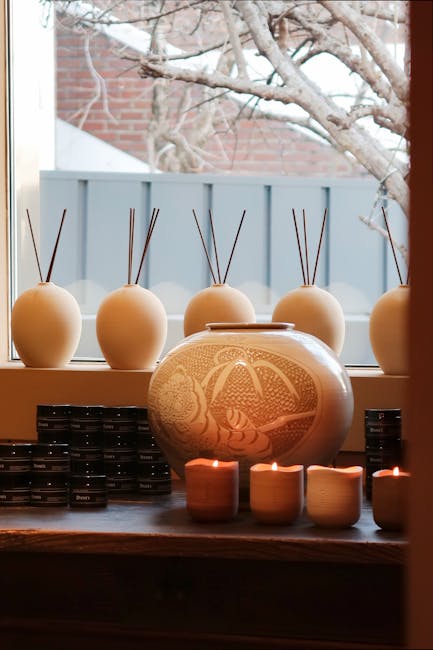





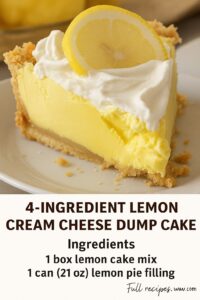
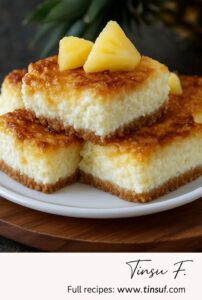


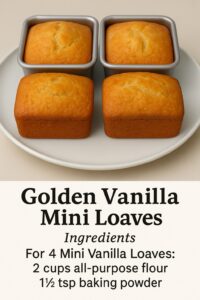


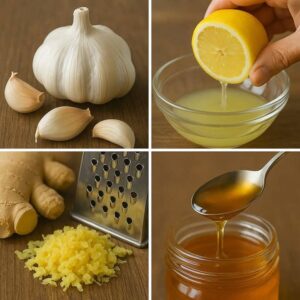
Post Comment